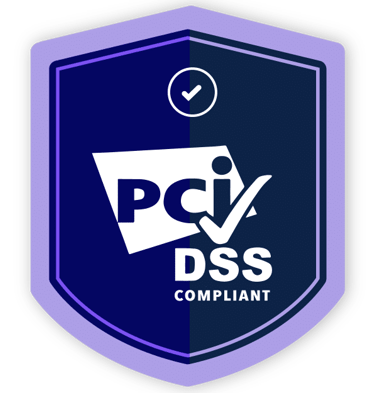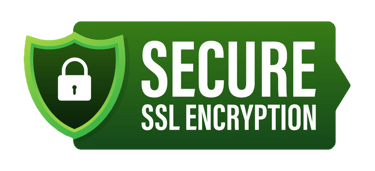Qualifications of a Home Health Administrator: CMS Requirements & Guidelines
Understand the qualifications needed to become a home health administrator under CMS. Learn requirements by employment date, education, licensure, and supervisory experience.


The role of the home health administrator is pivotal in ensuring the quality, compliance, and operational success of a Medicare-certified home health agency (HHA). CMS regulations under §484.115(a) outline strict qualification standards that agencies must follow when hiring administrators. These standards depend on when the individual began employment with the agency. Whether you're hiring, auditing, or seeking licensure, this guide will help you understand the full spectrum of qualifications and regulatory compliance expectations.
Administrator Qualifications Overview
The Centers for Medicare & Medicaid Services (CMS) distinguishes between two sets of requirements based on employment start date:
1. For Administrators Hired Before January 13, 2018
To qualify as a home health administrator, the individual must meet one of the following criteria:
Be a licensed physician; or
Be a registered nurse (RN); or
Have training and experience in health service administration with at least 1 year of supervisory administrative experience in:
Home health care, or
A related health care program (e.g., hospice, hospital, assisted living).
2. For Administrators Hired On or After January 13, 2018
To meet CMS qualifications, the administrator must:
Be a licensed physician, a registered nurse, or hold an undergraduate degree (bachelor’s or associate’s); AND
Have experience in health service administration, with at least 1 year of supervisory or administrative experience in:
Home health care, or
A related health care program.
This update places additional emphasis on educational attainment and aligns with evolving healthcare leadership standards.
What Is Considered an Undergraduate Degree?
According to the Interpretive Guidelines for §484.115(a), an undergraduate degree may be either:
A Bachelor’s degree (e.g., BS, BA), or
An Associate’s degree (e.g., AA, AS) from an accredited institution.
The degree does not have to be in nursing or healthcare specifically, but experience in health service administration remains a requirement.
What Counts as Health Service Administration Experience?
“Health service administration” encompasses a range of leadership roles in healthcare delivery settings. Acceptable roles may include:
Director of nursing
Clinical supervisor or case manager
Healthcare operations manager
Administrator or assistant administrator in facilities like:
Home health agencies
Skilled nursing facilities (SNFs)
Hospice agencies
Hospitals
Residential care facilities
One year of supervisory or administrative experience must be clearly documented, with job descriptions, performance reviews, or HR records verifying duties.
What Is a Related Health Care Program?
CMS recognizes experience from related healthcare settings when evaluating administrator qualifications. This may include:
Hospice
Skilled nursing facilities (SNFs)
Assisted living
Intermediate care facilities (ICFs)
Rehabilitation centers
Behavioral health programs
Documentation should show that the work was healthcare-focused and involved supervisory or administrative functions.
Additional Considerations for Compliance
Documentation and Recordkeeping
HHAs must retain records of administrator qualifications to demonstrate compliance during surveys. These records should include:
Copies of degrees, licenses, or certifications
Detailed résumés or CVs
Job descriptions and organizational charts
Evidence of employment dates and supervisory experience
State-Specific Requirements
Some states may impose additional licensure or certification requirements beyond CMS minimum standards. Agencies must ensure compliance with both federal and state regulations.
Surveyor Focus Areas
Surveyors may evaluate administrator qualifications by:
Interviewing the administrator
Reviewing personnel files
Cross-checking licensure status
Verifying job experience through references or employment verification
Importance of a Qualified Home Health Administrator
A well-qualified home health administrator:
Ensures compliance with Medicare Conditions of Participation (CoPs)
Oversees daily operations and care quality
Supports interdisciplinary team leadership
Manages human resources, budgeting, and policy enforcement
Leads the agency during audits and surveys
Hiring the right administrator is essential to patient safety, staff effectiveness, and regulatory compliance.
Conclusion: Meeting CMS Standards for Home Health Administrators
Understanding and adhering to CMS §484.115(a) is vital for home health agency compliance. Whether the administrator is a licensed physician, RN, or holds an undergraduate degree, the agency must also verify administrative experience in health care. This role requires not just credentials—but leadership and operational expertise that align with today’s complex healthcare delivery system.
If you are preparing for a home health survey or seeking guidance on verifying administrator credentials, ensure your documentation aligns with these CMS standards. Doing so protects your agency from deficiencies and supports long-term operational excellence.





